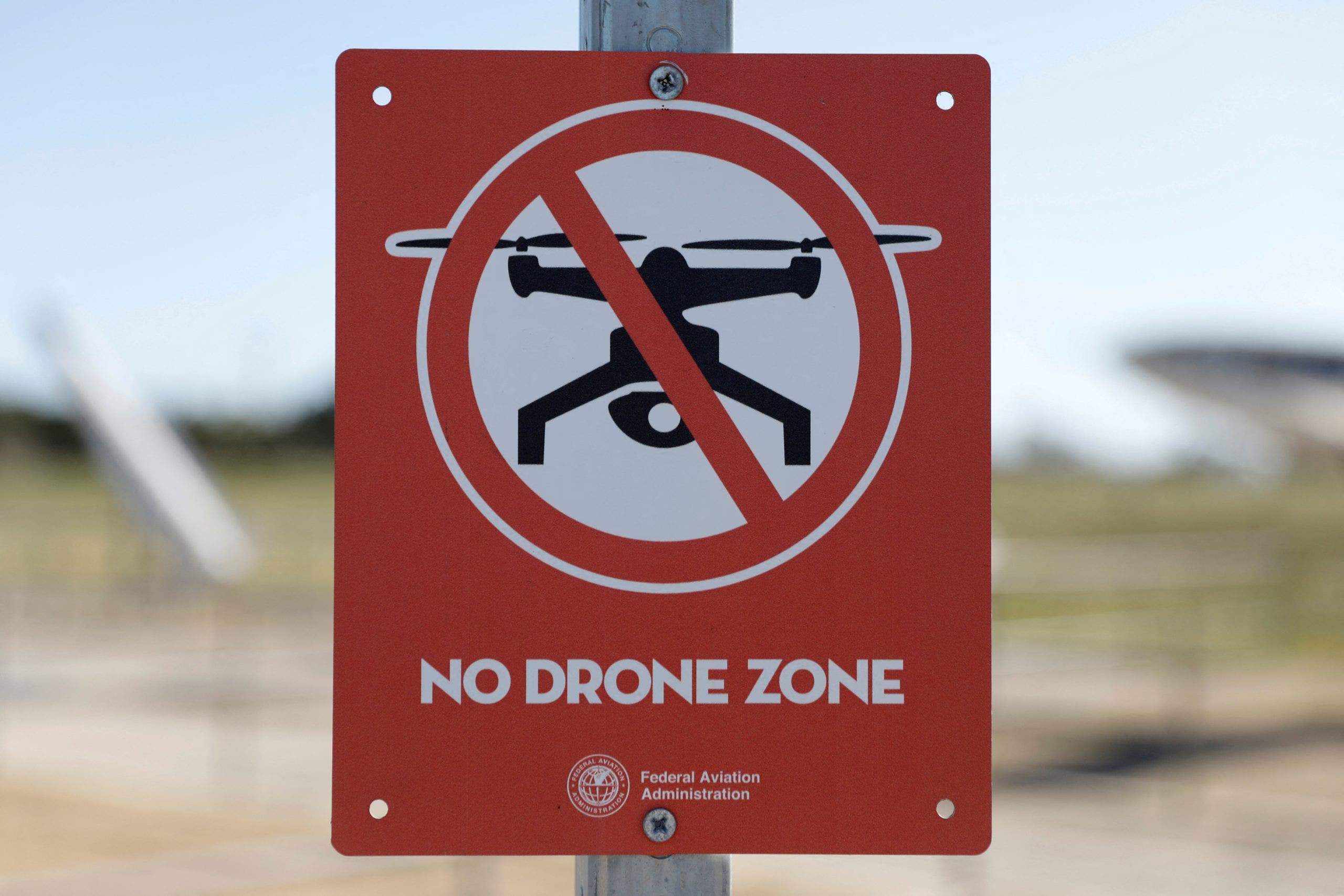A large Russian missile and drone assault caused serious damage to several power plants across Ukraine early Wednesday, Ukrainian officials said. It was Russia’s fifth attack on energy facilities in the past month and a half, part of a broader campaign aimed at cutting off electricity to swaths of the country and making life miserable for civilians.
Ukraine’s largest private electricity company, DTEK, said in a statement that three thermal power plants had been hit, further straining Ukraine’s electricity generation capacity, which was already reeling from previous assaults. The company said that 80 percent of its available generating capacity had been damaged or destroyed by the recent attacks.
Ukrenergo, Ukraine’s national electricity company, said that it might have to cut power to some domestic and industrial customers on Wednesday evening as a result. “You have to be prepared for this,” Volodymyr Kudritskyi, the head of Ukrenergo, told the Ukrainian news media.
The attacks have hit Ukraine at a particularly difficult moment. The country is facing a shortage of air defense weapons and ammunition amid pauses in Western aid, meaning that its ability to intercept airstrikes has been severely compromised.
The latest assault — a day after Vladimir V. Putin was sworn in for a fifth term as Russia’s president and a day before Russia celebrates the anniversary of its victory in World War II — also reflected Mr. Putin’s confidence in the current war, in which his troops now have the upper hand on the battlefield.
The strikes also hit Ukraine on the day when, like most European countries, it commemorates World War II. Ukraine moved the date up by one day last year in an effort to break with Soviet-era traditions.
“Today, everyone who remembers World War II and has survived to this day feels a sense of déjà vu,” President Volodymyr Zelensky said on social media, drawing comparisons between the Nazi and Russian invasions of Ukraine.
“Russia has brought the terrible past back into the daily news, proving with each new crime that Nazism has revived,” he said in a video that he said was shot in the basement of building in a village in northern Ukraine where Russian forces held all the villagers prisoner at the start of the invasion in February 2022.
On Wednesday, air raid alarms blared through Ukrainian cities and villages for several hours in the early morning, sending people scrambling for shelter and checking official social media channels to find out which Russian missiles were hurtling toward them.
The Ukrainian Air Force said that the attack involved 55 missiles and 21 drones, and that it had shot down about 70 percent of the missiles and nearly all the drones. The weapons that broke through hit energy facilities in central, western and southern Ukraine, including a gas storage facility and a power plant in the western Lviv region, according to the regional governor, Maksym Kozytskyi.
Days earlier, Russian shelling of power facilities in the Sumy region of northeastern Ukraine temporarily left more than 400,000 people without electricity. The country’s power system has been so damaged by Russian strikes that Ukraine imported 225,000 megawatt-hours of electricity last month, according to Energy Company of Ukraine, the country’s state energy trader — a record so far this year and a third higher than in March.
Mykola Bielieskov, a military analyst at the government-run National Institute for Strategic Studies in Ukraine, said the strikes were meant “to inflict as much pain on civilians as possible, to make life untenable and the state dysfunctional.”
Ukraine has been pressing its allies in recent months to provide it with more air defense weapons and ammunition, in particular American-made Patriot surface-to-air missile batteries — the only system proven capable of taking down Russia’s sophisticated ballistic missiles.
Spain said on Monday that Patriot missiles it had promised had arrived in Ukraine, without specifying how many. And on Tuesday, President Klaus Iohannis of Romania said he had discussed the possibility of sending a Patriot system to Ukraine with President Biden during a meeting at the White House.
But European partners have been generally reluctant to part with their limited stocks of advanced air defense systems. And it could be weeks or months before some of the interceptors included in the recently approved multibillion-dollar American military aid package reach the Ukrainian battlefield.
Maria Varenikova contributed reporting.






